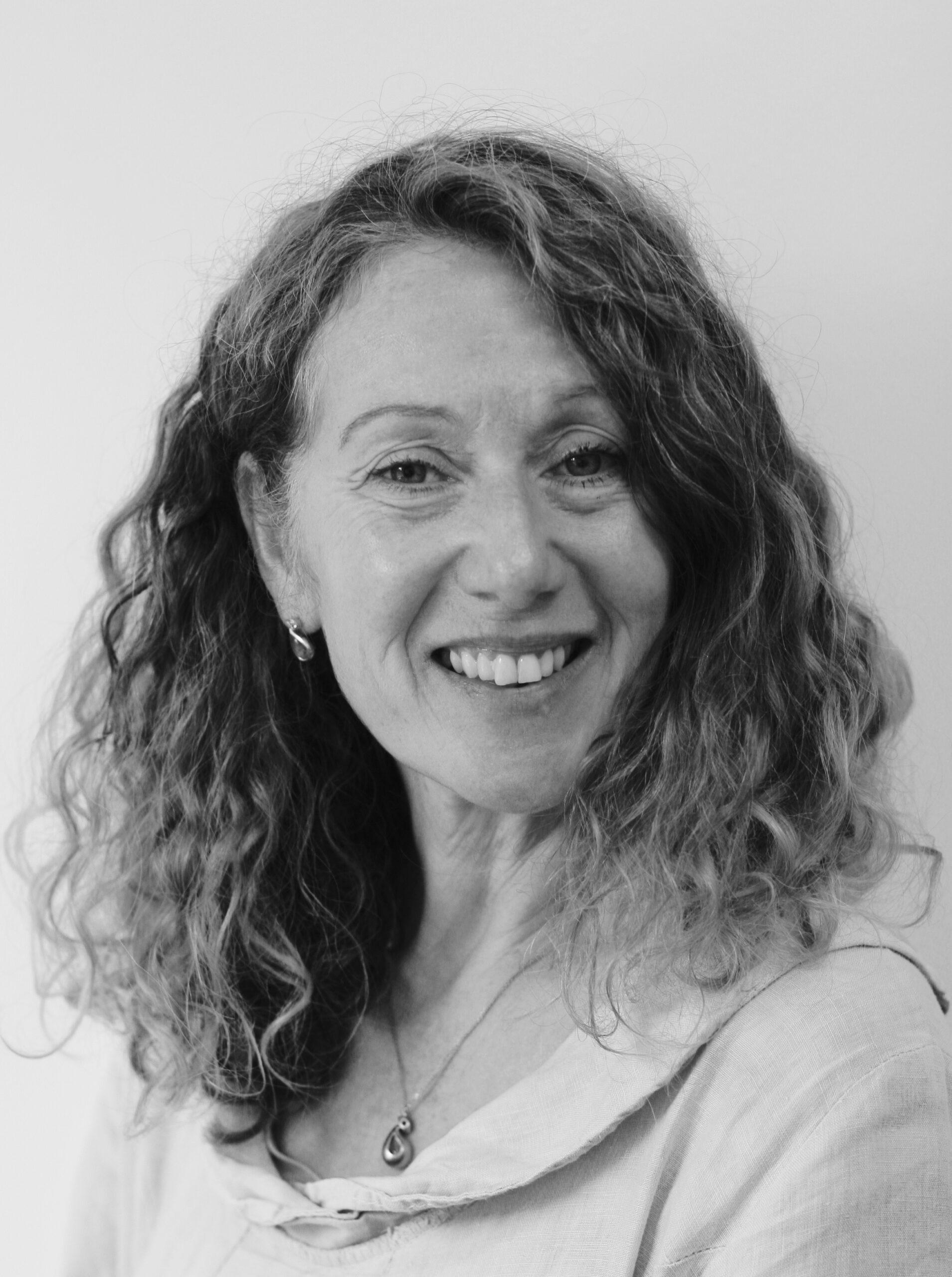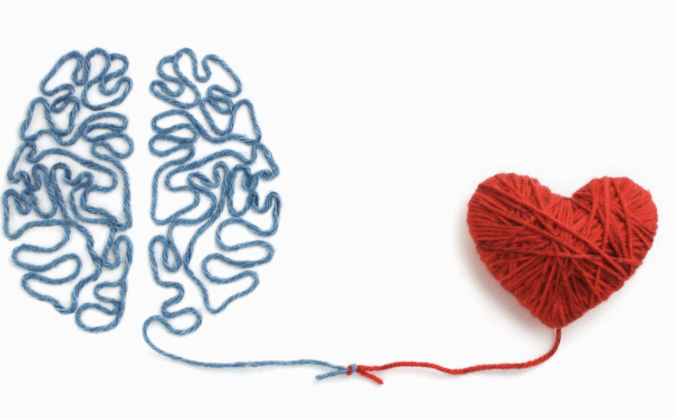We interviewed Claire shortly after she heard the exciting news about her British Empire Medal (BEM). We are delighted that Claire’s crucial work supporting her community has been recognised in this fashion. Covid-19 has significantly impacted individuals and communities across the United Kingdom, and we are grateful to everyone that took it upon themselves when times were particularly difficult to provide support to the more vulnerable members of our society.
Firstly Claire a massive congratulations to you, on behalf of the SPCR team for being awarded a BEM at the Queen’s Birthday Honours. A huge achievement and one to be very proud of.
So Claire, what was your role during Covid-19 in your local community?

To be honest, I hadn’t realised that I had done anything particularly over and above during the pandemic. It felt very obvious that we needed a list of our frail and vulnerable who would need to be watched over by the community and I simply put a list together of all those I felt might benefit. This was the start of our Halo support group and nearly 70 people then came forward to volunteer to offer buddy support for a similar number of frail and vulnerable residents all throughout lockdown. The volunteers collected medicines, did shopping, walked dogs and other acts of kindness and this support will carry on as long as it’s needed as it has really lifted the spirits of our village community.
I also run our community lunch club so I was in a good position to identify who needed support and rally our community to help. Andrew, our Health centre practice manager who nominated me for this award, said this early intervention made a big difference to how our community managed the early stages of the pandemic and the lockdown. I guess in hindsight I was just in the right place at the right time to fully grasp and understand what was unfolding and I had the insight to take immediate action.
You joined St Pancras Clinical Research five years ago to join the Patient Engagement Team. What attracted you to this role and clinical research?
Sandie James and Stuart Ratcliffe, two of SPCR’s founders asked would I consider joining their team to bring skills I had honed during my 15 years with Tesco where my role was to understand and follow our customers to ensure we met their needs every day with our products and services. Also as Dementia Champion for the Alzheimer’s Society, I have for many years been able to put myself in the shoes of families living alongside any form of Dementia. This kind of empathy has been easy to bring to SCPR as the culture is totally patient focused and very open to learning from other organisations who are also very centred around taking great care of the people they look after. It was a great decision for me to come to SPCR as everyday I really enjoy helping people to consider clinical studies which might be a good match to helping them live better with their long term conditions such as Dementia, Diabetes or Pain.
Have you had previous experience where research has greatly helped someone and does this spur you on on a day-to-day basis to encourage others to partake as well?
I have spoken with hundreds of volunteers over my five years with SPCR and I can honestly say every conversation has been a valuable one, even when it is simply to signpost a potential study participant to further information to allay any concerns about taking part or to help them understand more about their memory loss before even considering a study. Of course it is particularly rewarding when I learn that someone who I have spoken with over the telephone has gone on to participate in a memory study which could significantly help them to live better with this condition. Equally rewarding is speaking with the carer of someone living with Dementia, as providing them with information and support is vitally important also.
Your work at SPCR involves talking to vulnerable patients about research – how has this affected your role in the local community?
I feel very humbled by the openness and trust that our patients always put in those of us who speak with them over the telephone when they have not met us in person. This absolute sense of trust has given me great courage to support those with memory problems in my own community. During lockdown, I created an online resource called The CareBank and with the help of a family living with Young Onset Dementia, we developed weekly online resources to help anyone living with dementia. This has been a wonderful tool for our whole East Herts and SPCR community to access and it will be of long term benefit to many.
You can find The Carebank along with other resources for those with dementia at https://stpancrasclinicalresearch.com/covid-19-dementia-resources/
Claire, you work part-time at SPCR and also do all this amazing volunteering work – how do you find and keep the motivation to consistently prioritise and support those more vulnerable and in need?
I am very lucky that I have been blessed with boundless positive energy which keeps me moving forward every day and I can also immediately see when a vulnerable person needs support.
I am very resilient, sleep very well and wake up each day full of enthusiasm and ready for action . My positive outlook and energy keeps me grounded, balanced and able to focus on what is important. Although at times, it feels there is a mountain to climb to ensure that everyone who needs support gets it, if I can stay in the moment and focus on the next right thing, everything seems to work out well most of the time. I also love to relax and recharge with all sorts of music and I try to take a long walk each day with my 22 year son Isaac which definitely keeps me connected with nature and the bigger picture.

